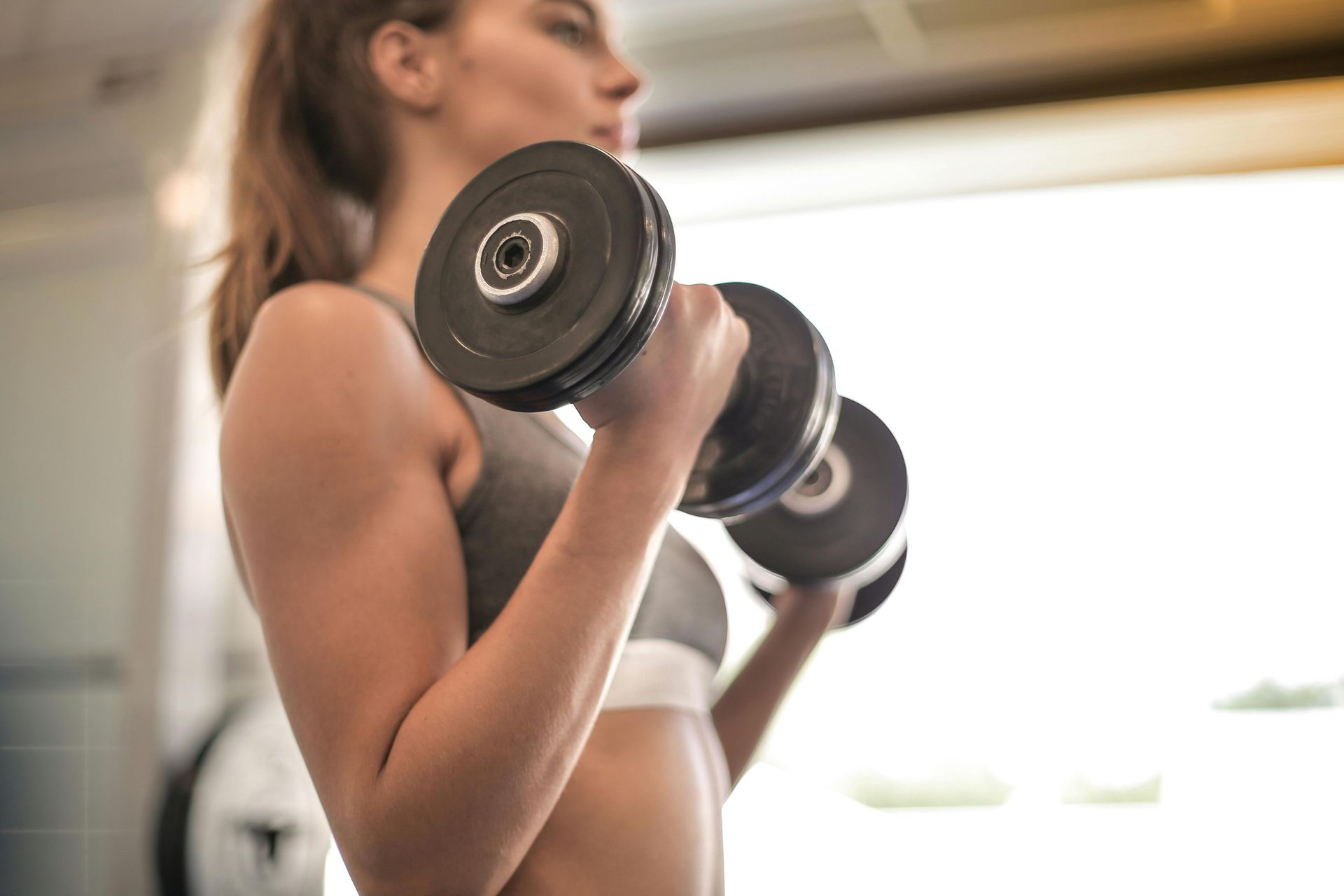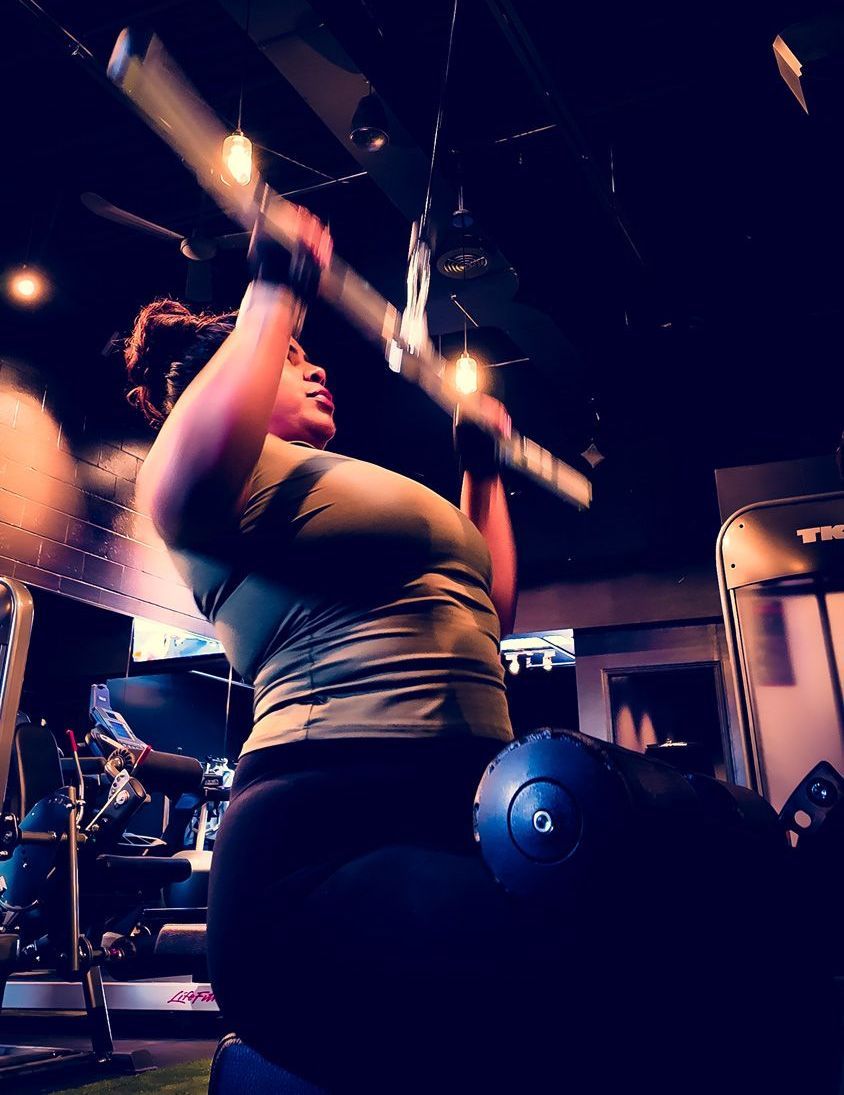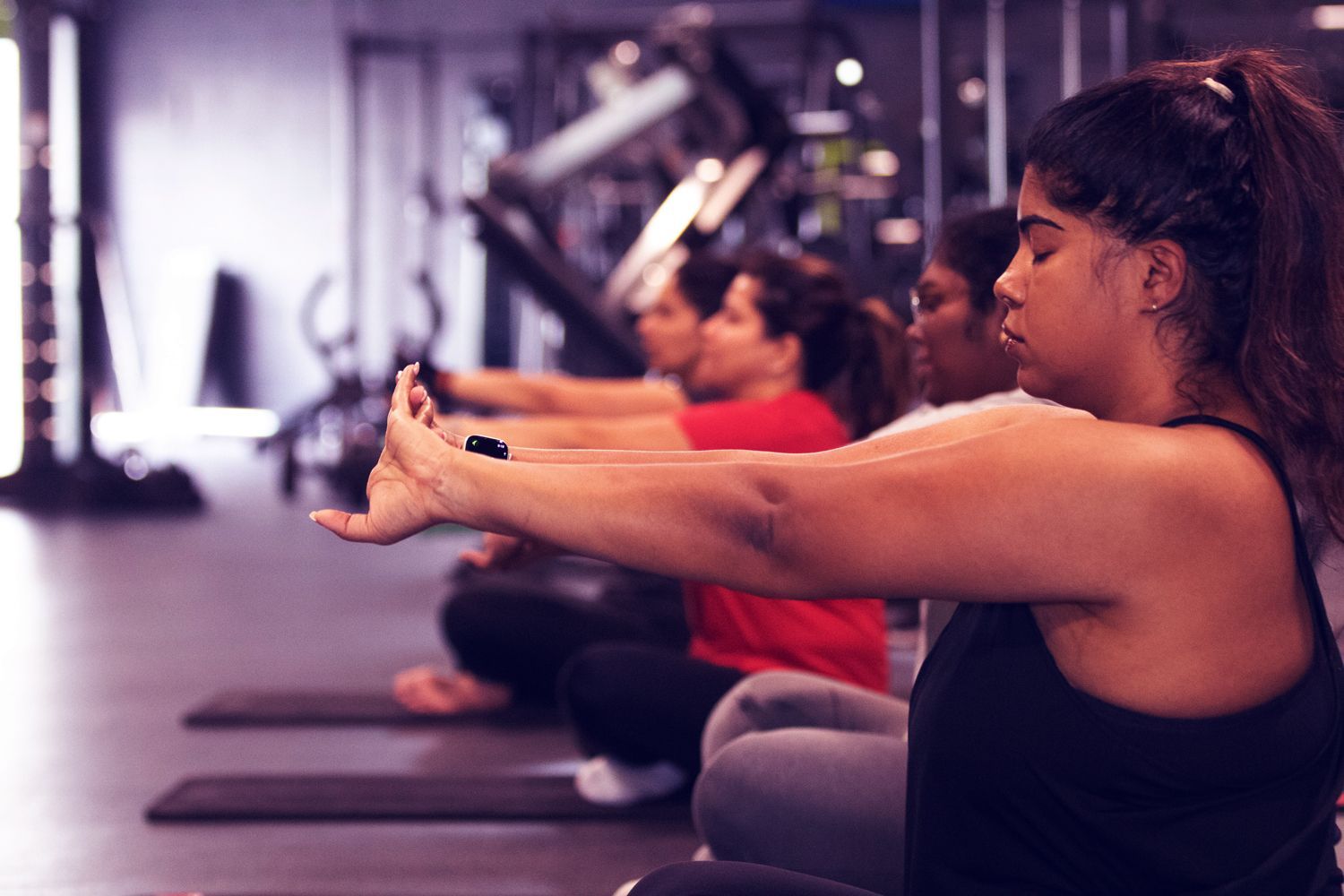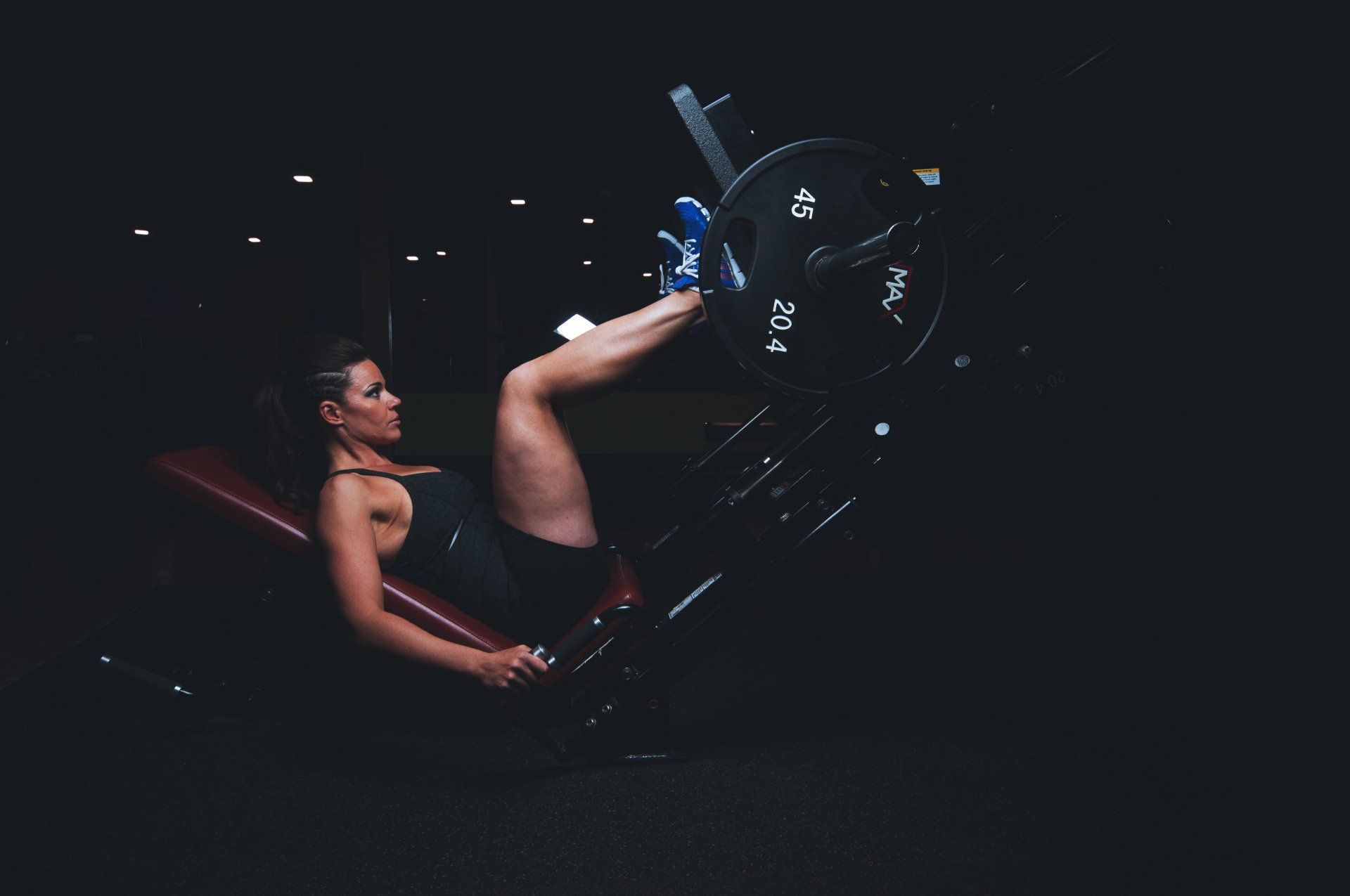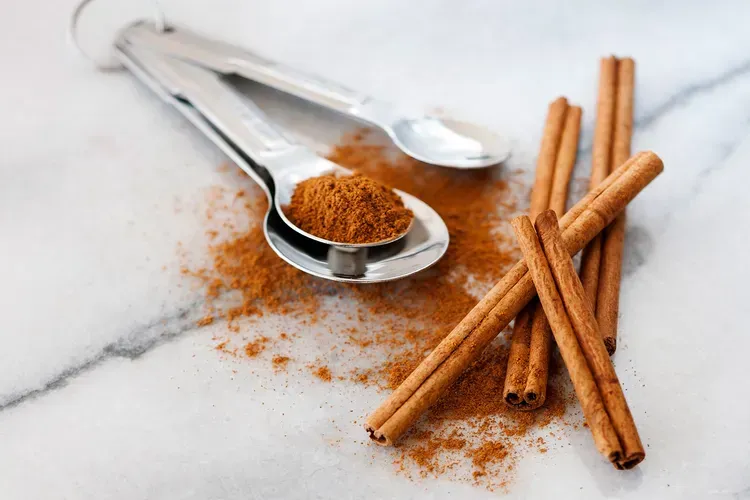Importance and Benefits of Iron
Benefits Of Iron In Women
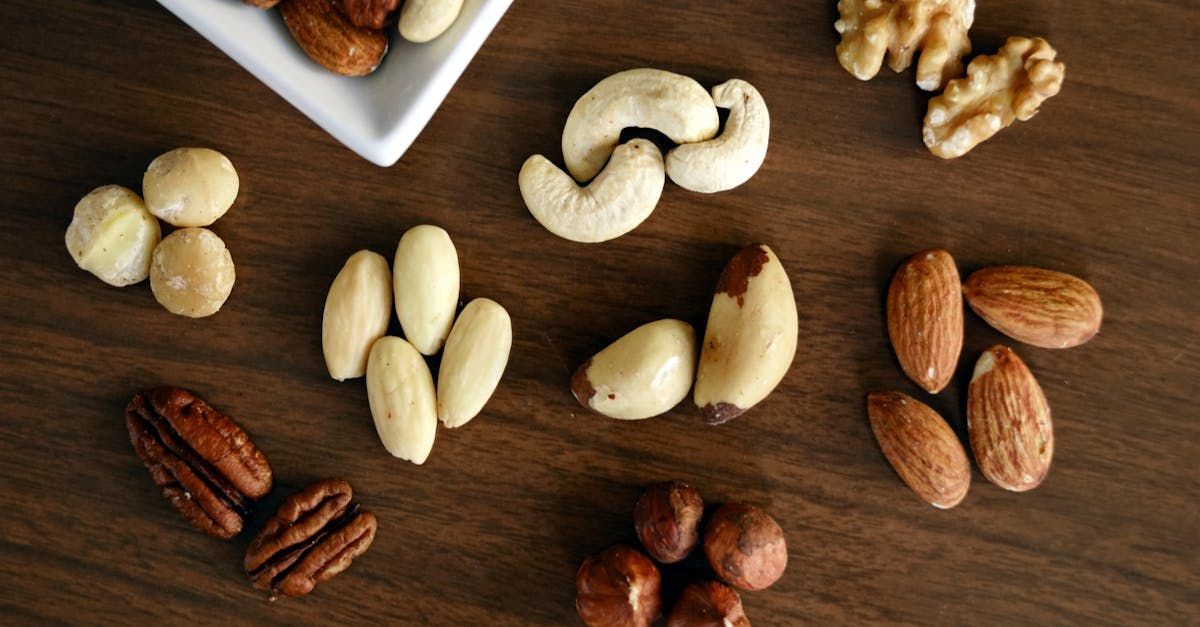
What does Iron do for your body?
Iron is a mineral that the body needs for growth and development. Your body uses iron to make hemoglobin, a protein in red blood cells that carries oxygen from the lungs to all parts of the body, and myoglobin, a protein that provides oxygen to muscles. Your body also needs iron to make some hormones. Iron helps to preserve many vital functions in the body, including general energy and focus, gastrointestinal processes, the immune system, and the regulation of body temperature.
Why is it important?
Iron is essential in making hemoglobin, a protein in red blood cells. These red blood cells help carry oxygen throughout your body. Six percent of iron can also be found in other essential proteins and another 25% is stored in your body in a blood protein called ferritin.
- Iron is a vital mineral necessary for red blood cell production, oxygen transport to body organs, and the synthesis of certain hormones. Its advantages are manifold, including fortifying the immune system, enhancing sleep, and supporting pregnant women.
- Iron is a mineral that the body needs for growth and development. Your body uses iron to make hemoglobin, a protein in red blood cells that carries oxygen from the lungs to all parts of the body, and myoglobin, a protein that provides oxygen to muscles. Your body also needs iron to make some hormones.
- Iron promotes healthy pregnancy, increased energy, and better athletic performance. Iron deficiency is most common in female athletes.
| Age | Female |
|---|---|
| 9-13 years | 8 mg |
| 14-18 years | 15 mg |
| 19-50 years | 18 mg |
| 51+ years | 8 mg |
Sources of Iron
| Food | mg/100g |
|---|---|
| Liver(lamb) | 5.8 |
| Red meat | 2.47 |
| Soybean flour | 15.7 |
| Beans | 2.09 |
| Nuts (peanuts) | 4.58 |
| Fortified breakfast cereals | 20 |
| Prunes | 0.93 |
| Apricots | 6.3 |
| Raisins | 2.6 |
| Pistachios | 3.9 |
| Cashews | 6.7 |
| Almonds | 5.4 |


